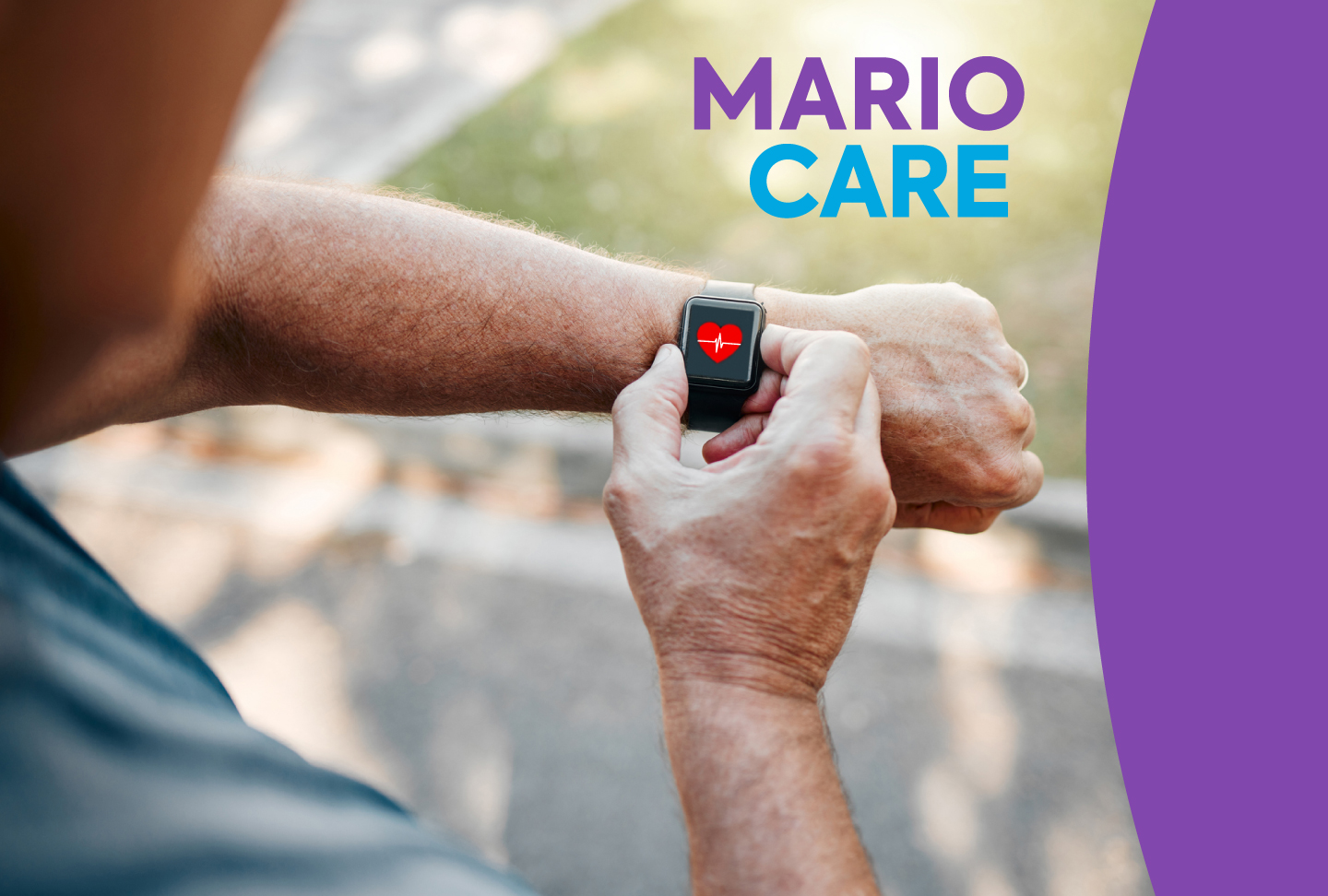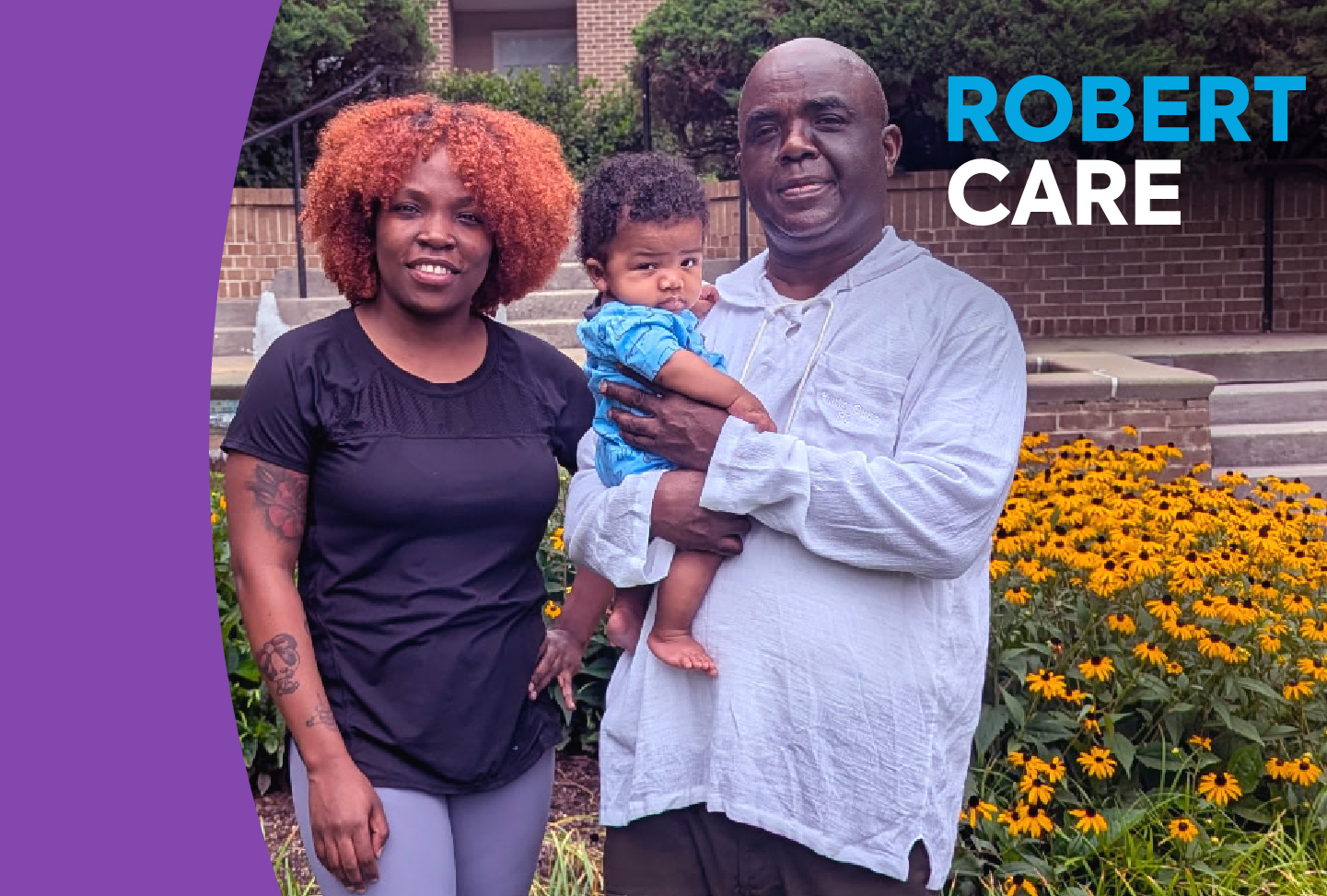Wellstar Kennestone Regional Medical Center has received several major commendations highlighting the high level of heart care continuously provided to patients—putting Wellstar’s cardiothoracic surgery program among the top in the nation. The Marietta-based heart care program received:
- The coveted three-star rating in the following key areas from the Society of Thoracic Surgeons (STS): isolated coronary artery bypass grafting (CABG, or open-heart surgery), aortic valve replacement (AVR), AVR + CABG, and multiprocedural cardiothoracic surgeries. This is the highest category of quality, placing Wellstar Kennestone among the best programs for heart surgery in the U.S. and Canada.
- The prestigious Comprehensive Cardiac Care Certification—the highest distinction awarded by The Joint Commission and the American Heart Association. Wellstar Kennestone was the first in Georgia to receive this certification.
These recognitions demonstrate Wellstar’s commitment to keeping advanced heart care close to home.
“These accomplishments speak volumes about the skill, precision and teamwork of our cardiothoracic team,” said Dr. Richard Myung, medical director of cardiothoracic surgery at Wellstar Kennestone. “We’re proud to deliver exceptional outcomes for patients from across the Southeast who have some of the most complex heart conditions.”
Three-star STS rating
STS ratings reflect not only surgical excellence, but also the quality of care patients receive in the critical 30-day period following surgery.
“This extraordinary recognition reflects the world-class quality of care offered by Wellstar,” said Lorrie Liang, president of Wellstar Kennestone and Wellstar Windy Hill. “To achieve this gold standard, a health system must demonstrate both clinical excellence and rigorous standards for follow-up care. At Wellstar, we provide all of this, along with a warm, people-centered experience. It’s what we call ‘PeopleCare.’”
These results highlight the importance of a multidisciplinary approach—one that includes surgeons, anesthesiologists, perfusionists, nurses, cardiologists, respiratory therapists, rehabilitation specialists, critical care specialists, hospitalists, advanced practice providers and many others.
“This achievement is a testament to the entire care continuum,” said Steve Cermak, executive director of cardiovascular service line and hospital operations at Wellstar Kennestone. “From the operating room to recovery and rehabilitation, every team member plays a vital role in delivering outstanding outcomes.”
Among the three-star rankings is CABG. This procedure is commonly performed to treat people having a heart attack or other conditions including coronary heart disease with chest pain, multiple blocked coronary arteries or serious heart failure. The procedure is performed by cardiovascular surgeons at Wellstar Kennestone—Dr. Theresa Luu, Dr. James Burke and Dr. Richard Myung—who work as part of a large multidisciplinary team to give every patient the highest quality care at every step of the process, from diagnosis through surgery and recovery.
“This amazing recognition is about the great lengths we go to care for our patients, and why people travel from across the region to receive their care at Wellstar Kennestone,” added Director of Wellstar Cardiothoracic Surgery Services and the Structural Heart and Valve Program Karrie Davis. “We care for every patient like they’re a family member or close friend. That’s why we hold ourselves to the highest standards.”
Wellstar Center for Cardiovascular Care offers patients care close to home across Georgia communities at more than 25 cardiovascular locations, with more than 110 cardiologists and cardiothoracic surgeons standing ready to provide heart care for both routine and complex heart conditions. Wellstar also has one of the largest cardiovascular rehabilitation programs in Georgia, which helps patients improve their long-term outcomes.
Certification by The Joint Commission
The Joint Commission has also awarded Wellstar Kennestone with a Gold Seal of Approval in conjunction with the American Heart Association’s Heart-Check mark and certification as a Comprehensive Cardiac Center for the third consecutive time.
For the certification, Wellstar Kennestone underwent a rigorous, unannounced onsite review. During the visit, a team of Joint Commission reviewers evaluated compliance with related certification standards including evaluating the care of the cardiac patient at every touch point in the cardiac care continuum with ongoing process improvement and health promotion for patients, as well as the community. Joint Commission standards are developed in consultation with healthcare experts and providers, measurement experts and patients. The reviewers also conducted onsite observations and interviews.
The hospital first received the two-year certification in 2019. This recertification makes the third cycle—or sixth year—it has remained in place. Wellstar Kennestone was the first hospital in Georgia and remains the only one in the state to hold the comprehensive certification.





